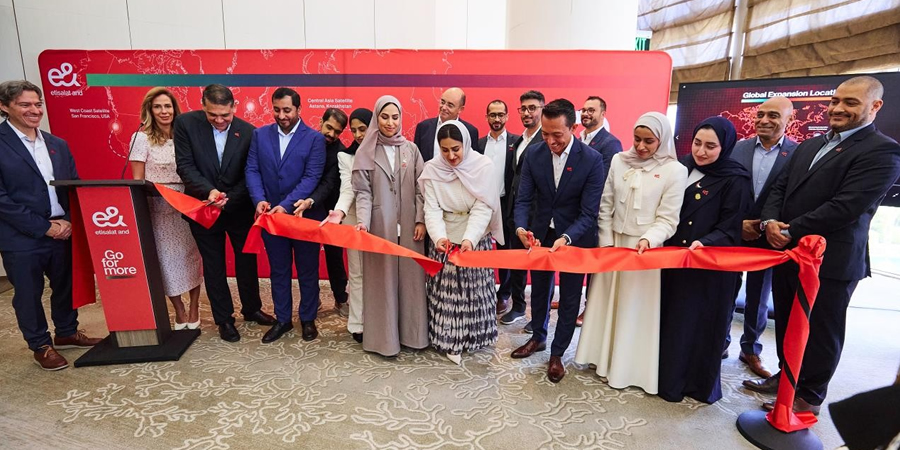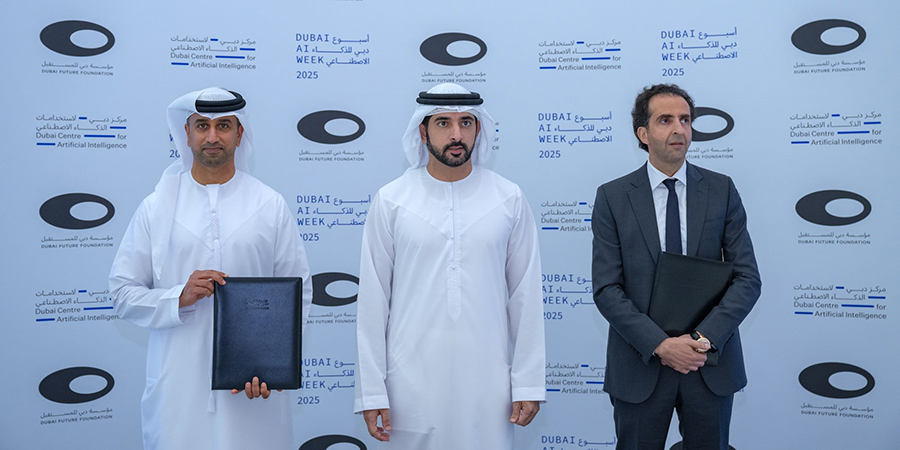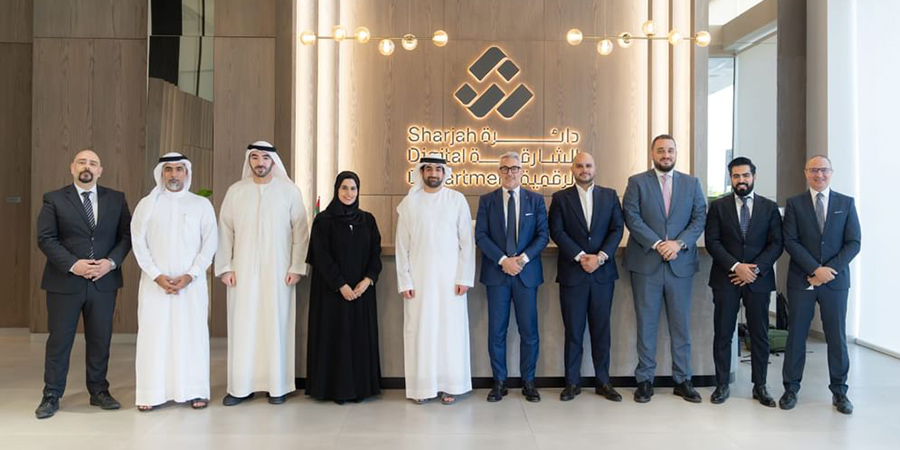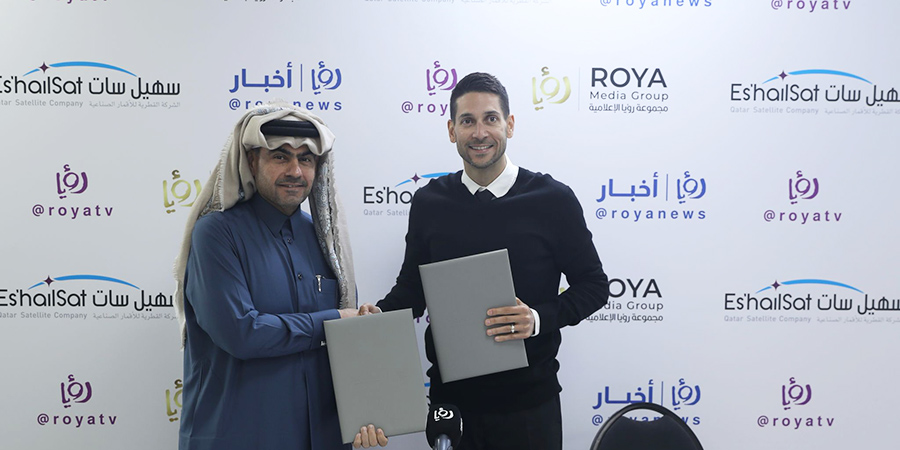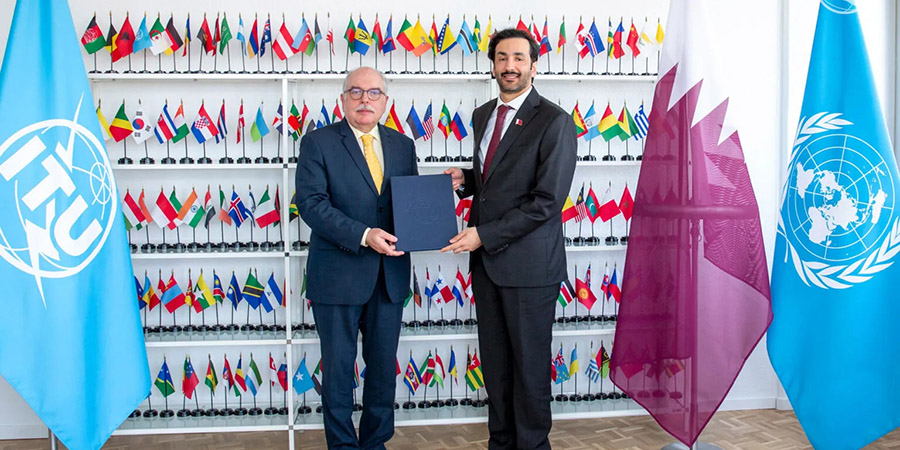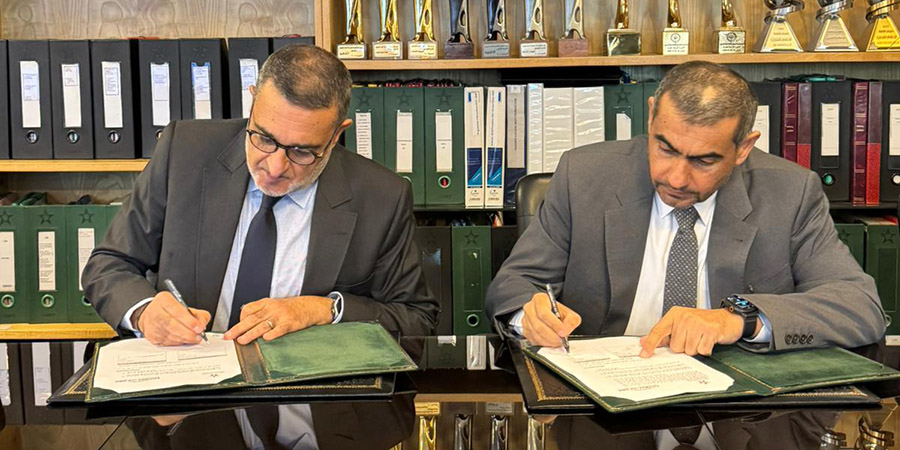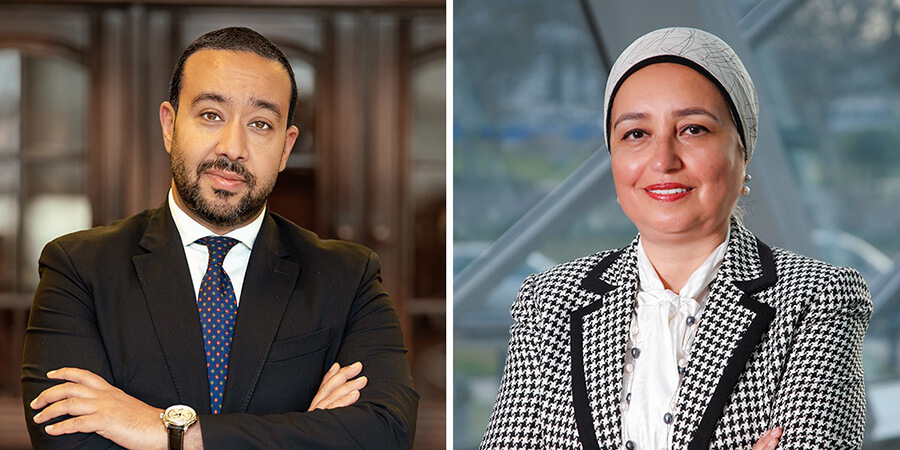Nokia broke new grounds with Vodafone Turkey with a regional demonstration of a 1Tb/s (terabit per second) per channel coherent transmission over its live optical network with a capacity increase of 150% over a single channel coherent transmission, and the ability to scale network capacity up to 70Tb/s per fiber.
This optical test comes after an earlier trial conducted by Nokia and Vodafone Turkey that validated a 1Tb/s clear channel IP router interface, further preparing the operator’s network for the future. Increasing the speed of its optical network is key to providing maximum capacity for the ever-increasing data demands of Vodafone Turkey’s customers.
The optical test showcased 1Tb/s capacity over 130 GHz bandwidth without any errors on Vodafone Turkey’s live optical network between its data centers. The trial was conducted over the operator’s in-service optical network, based on Nokia’s leading-edge wavelength routing technolgy, which includes its high performance, non-blocking CDC-F ROADM optical switch architecture. Supporting operation over C+L bands, Nokia’s optical line system also enables a doubling of the total fiber capacity of Vodafone Turkey’s network.
Also used was Nokia’s photonic service engine (PSE) technology, providing maximum performance and spectral efficiency. The Nokia PSE coherent optics are deployed in Vodafone Turkey’s network using the 1830 PSI-M (Photonic Service Interconnect-Modular) compact modular optical networking platform, optimized for data center interconnect applications over metro, regional and long-haul distances.
Commenting on the achievement, Thibaud Rerolle, CTO at Vodafone Turkey, said, “At Vodafone Turkey, we are committed to using next generation technology to provide the most convenient services to our customers – uninterrupted and reliably. Our fiber optic backbone is an important step on the way to 5G and, with Nokia, we continue to equip our optical network with the latest technologies and innovations for our services today and in the future."
Meanwhile, James Watt, head of optical networks division, Nokia, said, “Our field-proven optical technologies and solutions are enabling service providers like Vodafone Turkey to meet growing capacity demand and provide the best end-user experience. We are pleased to complement our deployment of advanced optical transport solutions with the successful and timely completion of this crucial trial to modernize Vodafone Turkey’s optical network. Together, we are accelerating their digital transformation with solutions that can be easily scaled to meet 5G demands.”




